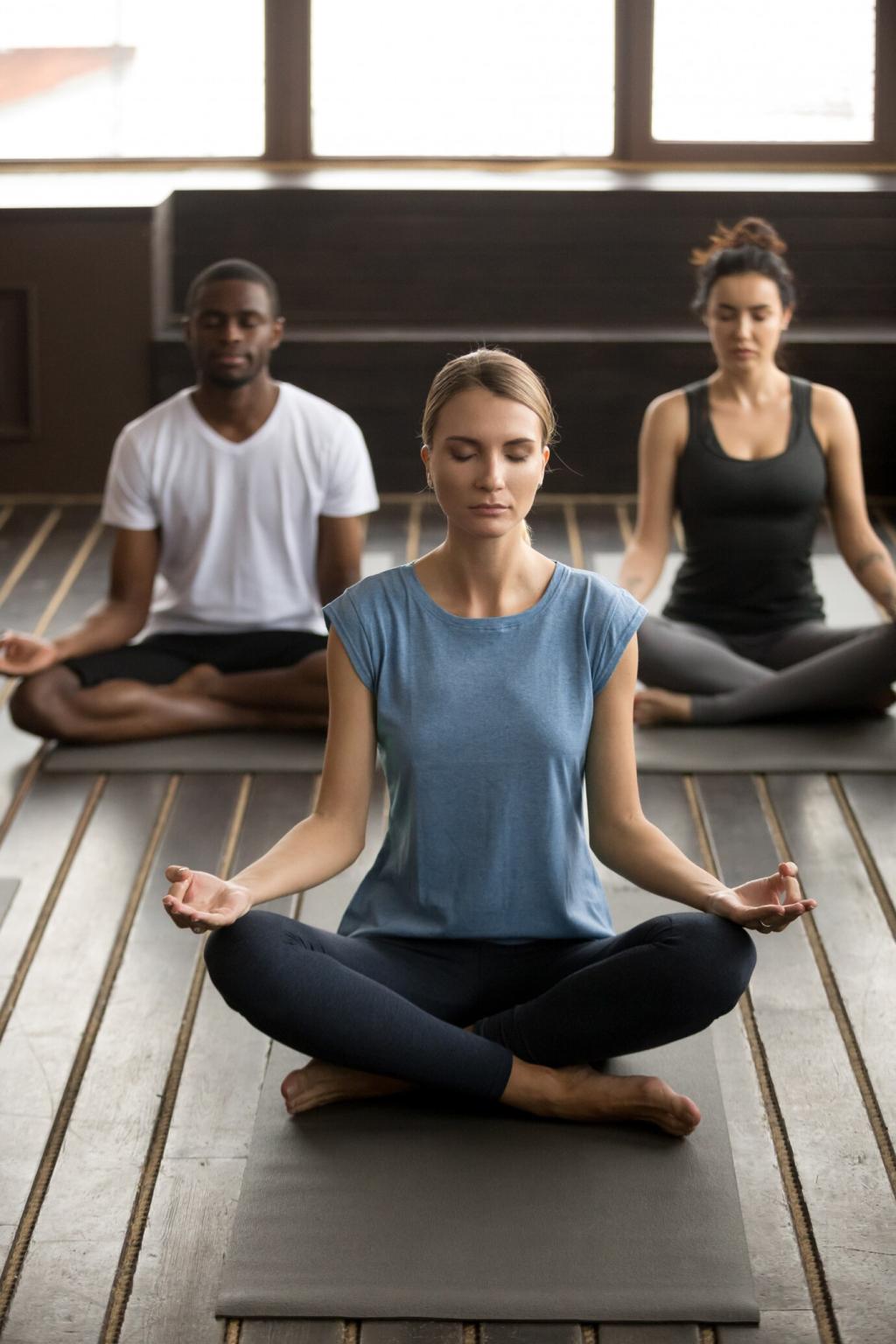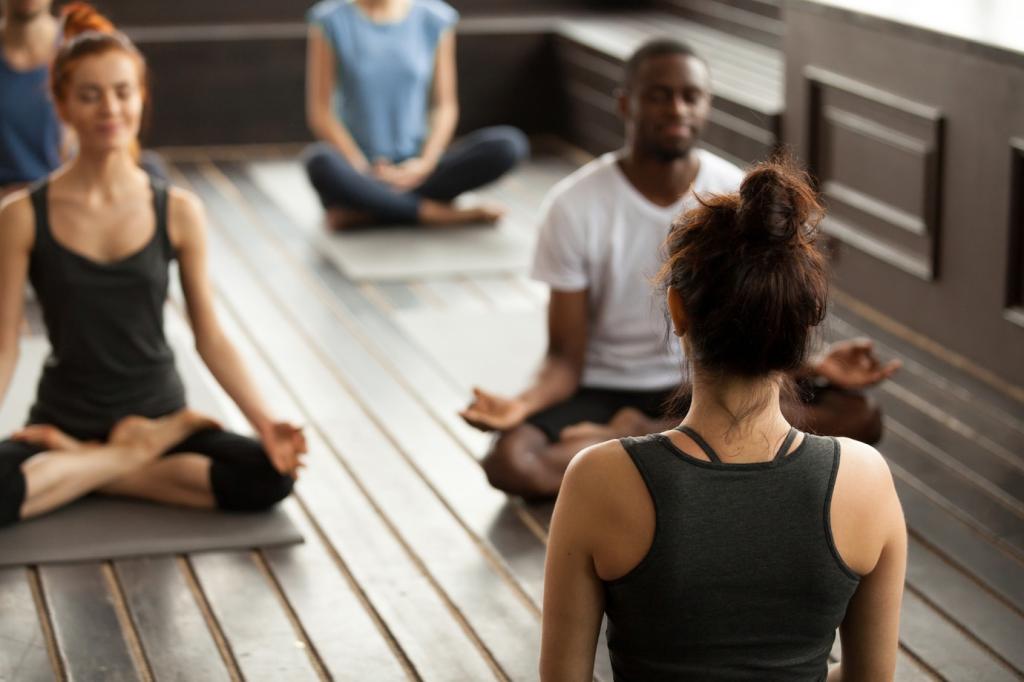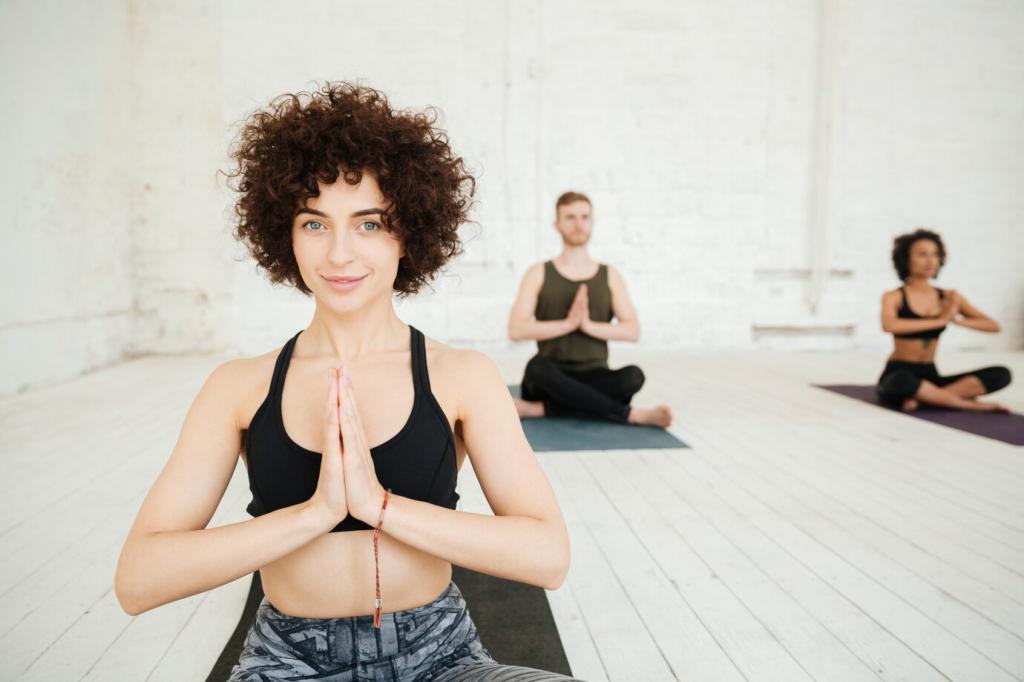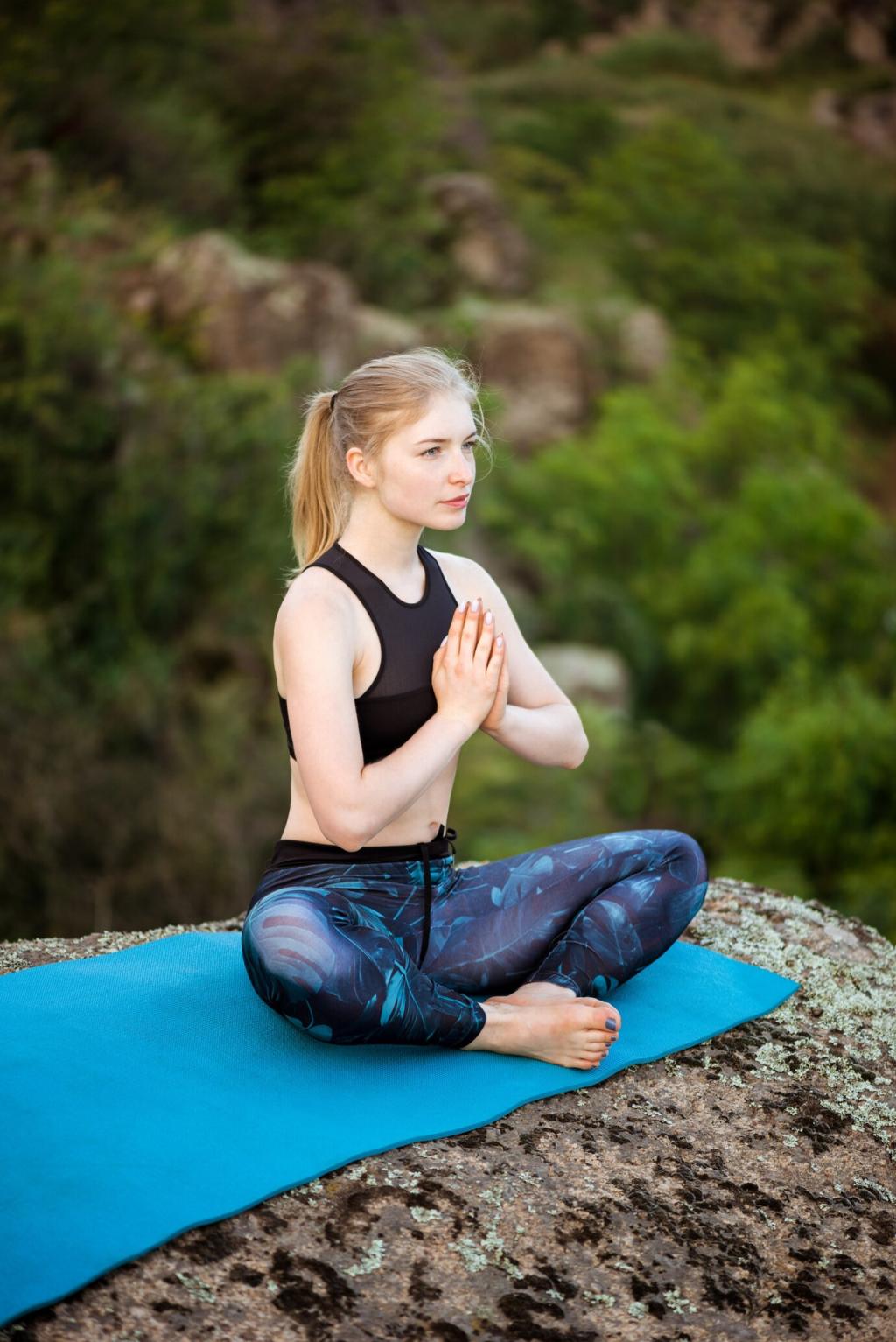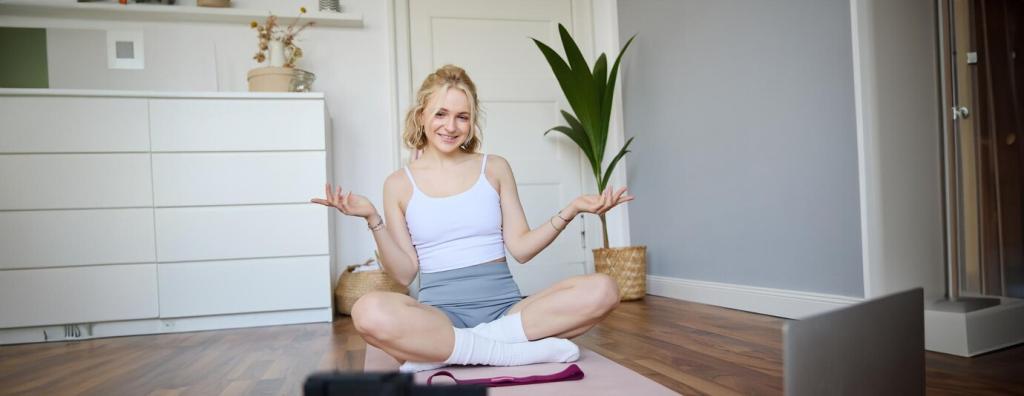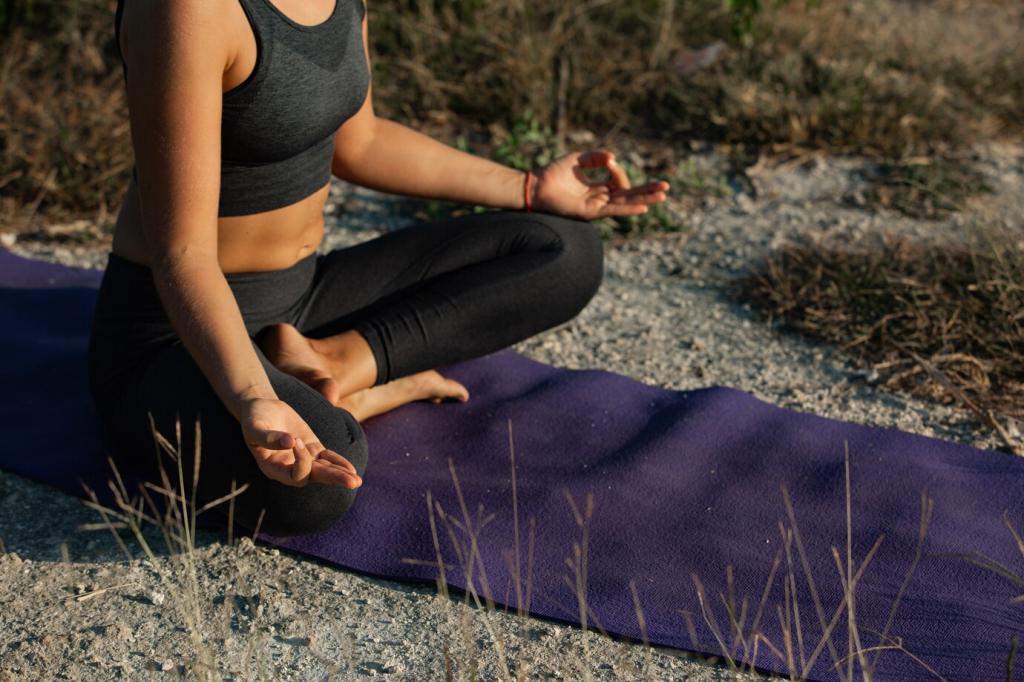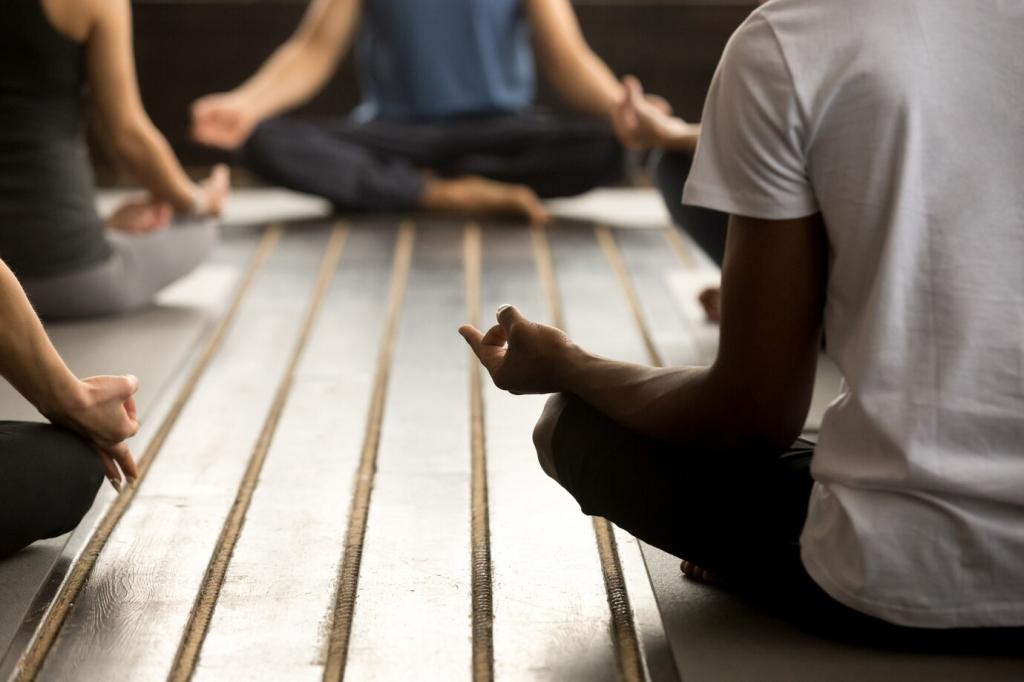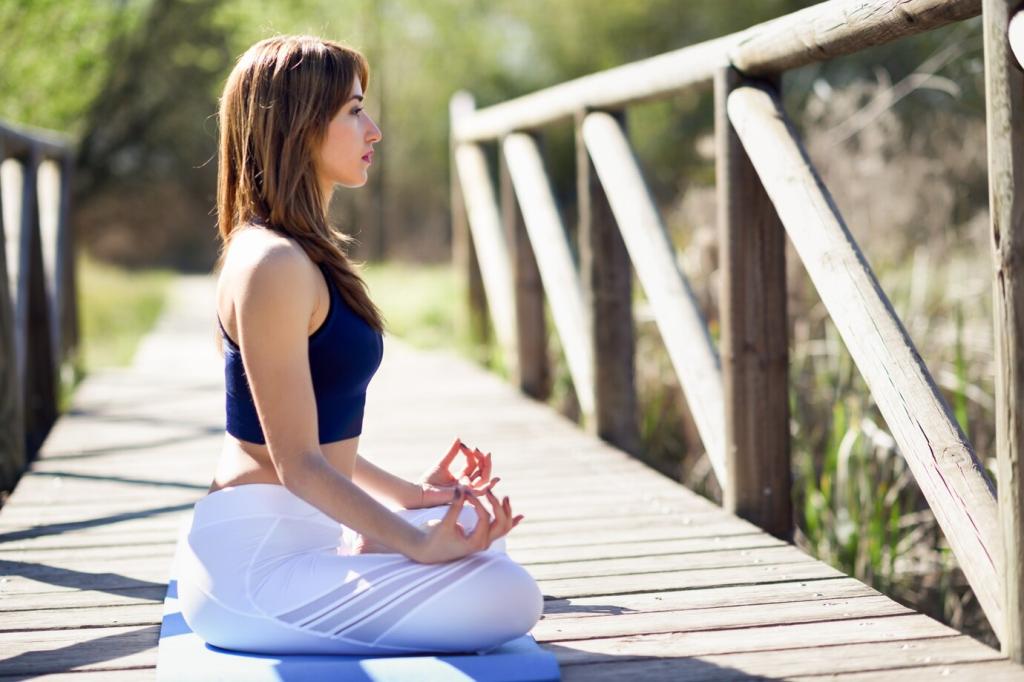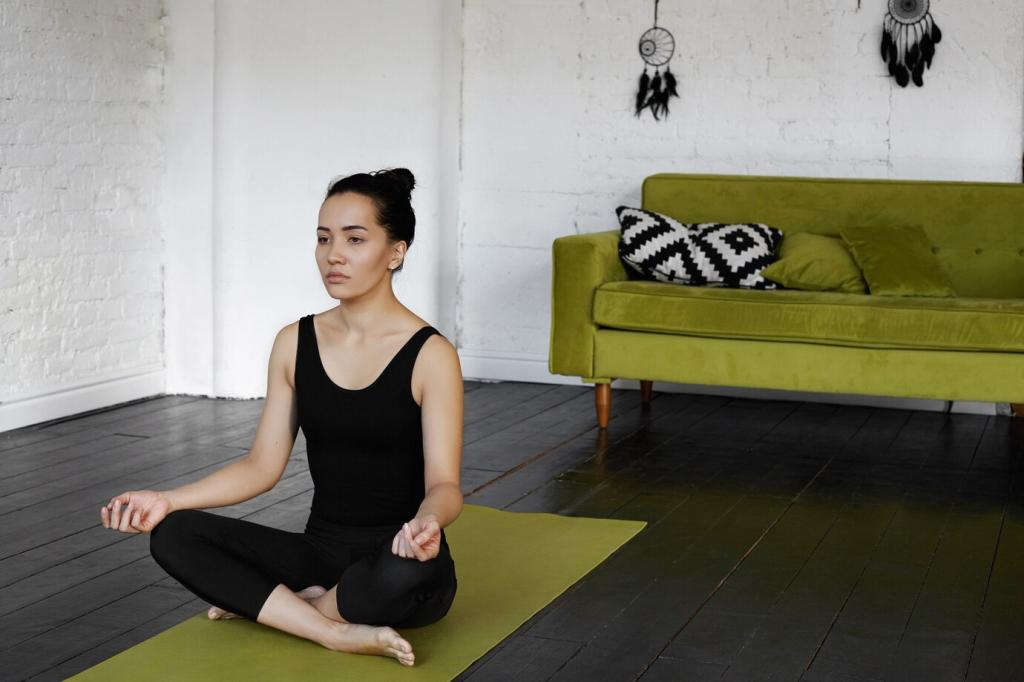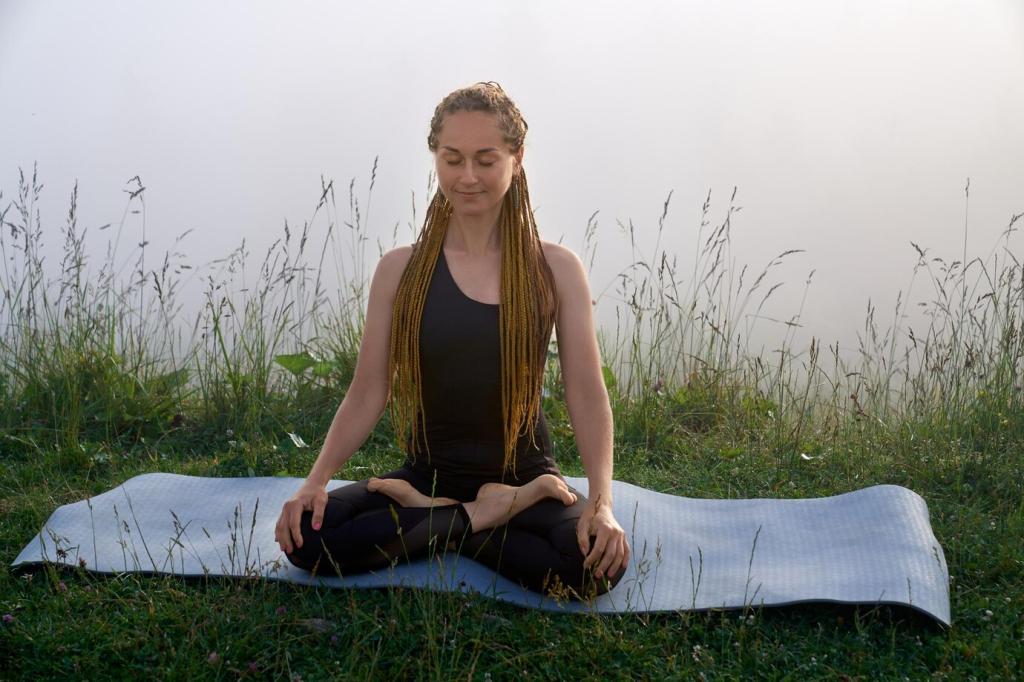Common Beginner Hurdles and Gentle Fixes
Your mind’s job is to think. When it races, widen your attention to include sounds, contact points, or the whole body breathing. Count the exhale for focus. Smile at the distraction and label it. Progress is the returning, not perfect stillness. Share your favorite refocus tip.
Common Beginner Hurdles and Gentle Fixes
If drowsy, open your eyes slightly or sit closer to light. Try a few mindful standing breaths. For fidgeting, let micro-movements be conscious and slow. Name the feeling—“restless”—then meet it with curiosity. Adjust posture kindly, not as punishment, but to support relaxed alertness.

